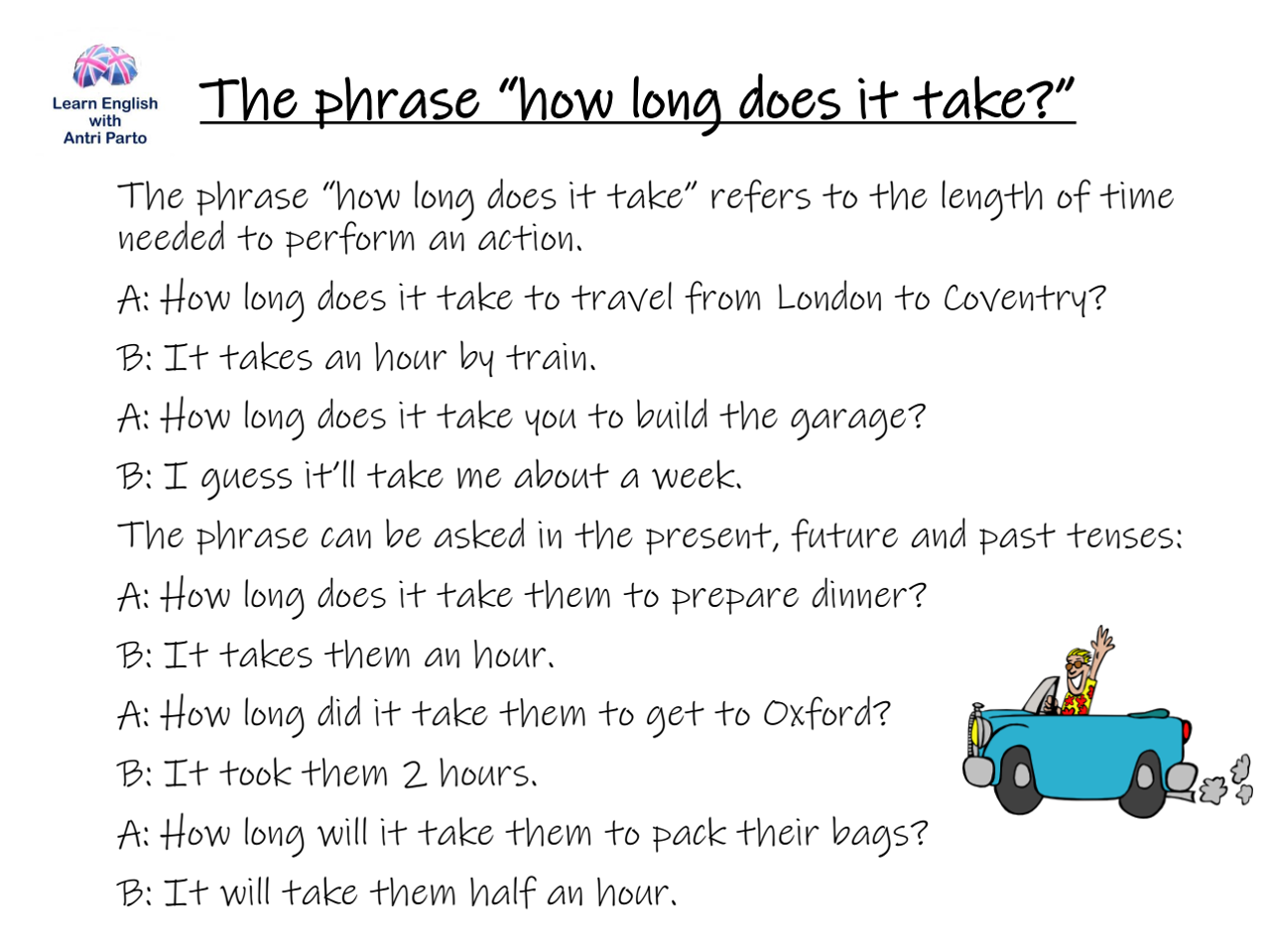Navigating the mortgage process can be a daunting experience, especially for first-time homebuyers. One of the most critical stages in this journey is the “clear to close” phase, which signals that you’re nearing the finish line. But how long does it take to reach this coveted milestone, and what should you expect along the way? In this comprehensive guide, we’ll unravel the mysteries surrounding the clear to close timeline and provide you with valuable insights to help you prepare for this exciting chapter.
What Does “Clear to Close” Mean?
Before diving into the timeline, let’s clarify what “clear to close” entails. This term refers to the lender’s decision that you, the borrower, have met all the necessary requirements and conditions to proceed with the mortgage loan. It’s a green light that signifies your loan has been fully approved, and the closing process can commence.
The Average Timeline: From Application to Clear to Close
The time it takes to reach the clear to close stage can vary depending on various factors, such as the complexity of your financial situation, the lender’s workload, and the responsiveness of all parties involved. However, on average, most borrowers can expect the following timeline:
- Initial Application and Pre-Approval: 1-3 days
- Loan Processing: 7-10 days
- Underwriting: 10-14 days
- Conditional Approval: 1-2 days
- Clear to Close: 3-5 days
In total, the entire process from application to clear to close can take approximately 30-45 days. However, it’s essential to note that this is just an estimate, and individual experiences may differ.
The Importance of the Closing Disclosure
Once you’ve been cleared to close, your lender is required to provide you with a Closing Disclosure. This crucial document outlines all the final loan terms, costs, and other essential details. According to recent updates, there is a mandatory three-day waiting period after you receive the Closing Disclosure before you can sign your loan documents.
This three-day period is designed to give you ample time to review the information carefully and ensure that everything is accurate and aligns with your expectations. It’s a crucial step in protecting your interests and preventing any last-minute surprises.
Factors That Can Affect the Clear to Close Timeline
While the average timeline provides a general guideline, several factors can influence the actual duration of the clear to close process:
- Loan Type: Certain loan types, such as jumbo loans or government-backed mortgages (FHA, VA, or USDA), may require additional documentation and scrutiny, potentially extending the timeline.
- Employment and Income Verification: Lenders may need to verify your employment status and income sources, which can take time, especially if you’re self-employed or have multiple income streams.
- Credit History and Debt-to-Income Ratio: If you have a complex credit history or a high debt-to-income ratio, the underwriting process may be more extensive, leading to potential delays.
- Property Appraisal: The appraisal process, which determines the fair market value of the property, can take several days or weeks, depending on the appraiser’s availability and the complexity of the property.
- Responsiveness of All Parties: Delays can occur if any party involved in the transaction (borrower, lender, real estate agent, or third-party service providers) is slow to respond or provide necessary documentation.
Tips for a Smoother Clear to Close Process
While some factors may be out of your control, there are several steps you can take to facilitate a smoother and more efficient clear to close process:
- Be Responsive: Respond promptly to any requests for additional information or documentation from your lender. Delays in providing the required materials can significantly prolong the timeline.
- Maintain Financial Stability: Avoid making major financial changes, such as changing jobs, acquiring new debt, or making large purchases, during the mortgage process. These changes could impact your loan approval.
- Communicate Effectively: Maintain open and frequent communication with your lender, real estate agent, and other parties involved. Address any concerns or questions promptly to avoid misunderstandings or delays.
- Provide Accurate and Complete Information: Ensure that all information provided on your mortgage application and supporting documents is accurate and complete. Inaccuracies or omissions can lead to additional scrutiny and potential delays.
Conclusion
Reaching the clear to close stage is a significant milestone in the homebuying journey. While the timeline can vary, understanding the process and being proactive can help you navigate it more efficiently. By working closely with your lender, providing necessary documentation promptly, and maintaining financial stability, you can increase your chances of a smoother and more streamlined experience. Remember, patience and open communication are key to ensuring a successful and stress-free path to homeownership.
What is a cleared to close? (& How long does it take) MORTGAGE MINUTE
FAQ
How long before closing is clear to close?
What is the fastest you can close on a house?
How long after final approval is closing?
How long does the closing process normally take?

